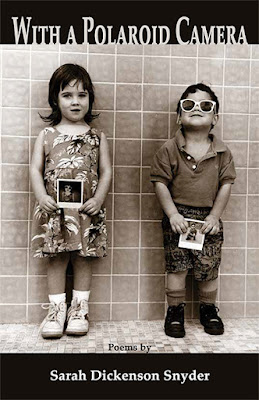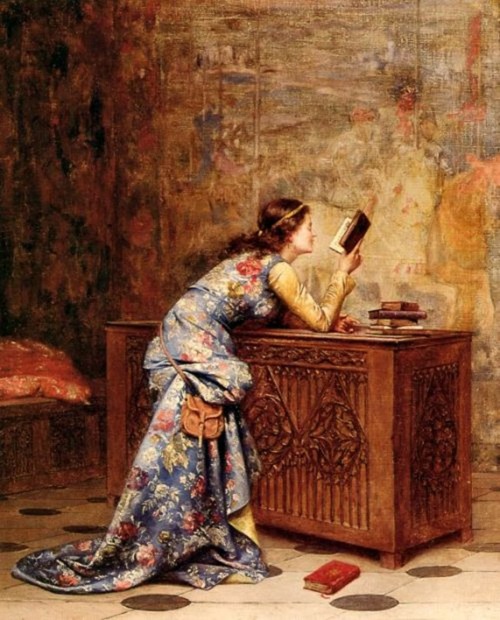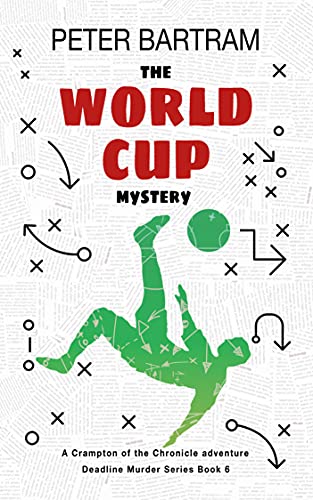When you enjoy reading Charles Dickens as much as I do, you find yourself also reading biographies of the author as well as works of literary criticism. The literature about Dickens is vast. Just when you think there couldn’t be anything original left to be said, along comes a work to change your mind.
The Artful Dickens: The Tricks and Ploys of the Great Novelist by John Mullan is exactly that kind of mind-changing work. Mullan looks at how Dickens wrote – the narrative devices employed to create works that were entertaining, often original, and typically precedent-setting, anticipating the work of numerous authors in the modern and contemporary periods.
As Mullan notes, Dickens was the first author to use smell as a narrative device, and not just the reeking smells of London and the Thames but individuals’ smells as well. Dickens often changed tenses from past to present, adding both immediacy and urgency (and often inviting the criticism of his contemporary writers and critics). His contemporaries (and some of ours) deplored how he used cliches, even if the word itself didn’t come into common use until after his death. And he did use cliches, but not in ignorance; he used them deliberately both to make fun of them as well as point to a truth in his characters (and in life).
 |
| John Mullan |
Other devices Dickens commonly used include fantasizing, haunting and ghosts, laughing, naming (his characters’ names are deservedly famous), coincidences, speaking, drowning, and breaking the rules. Regarding speaking, Dickens would practice (out loud) for many of his characters; their voices became both distinctive parts of the characters and parts of the stories and novels. As Mullan explains, T.S. Eliot was so impressed with the voices of
Our Mutual Friend that he considered the title “He do the Police in different voices” for the title of the poem that was eventually published as
The Waste Land.
Mullan, the Lord Northcliffe Professor of Modern English Literature at University College London, has published extensively about eighteenth- and nineteenth-century literature. His books include What Matters in Jane Austen? Twenty Crucial Puzzles Solved, Sentiment and Socialability: The Language of Feeling in the Eighteenth Century, Eighteenth-Century Popular Culture: A Selection, How Novels Work, and Anonymity: A Secret History of English Literature. He is also a broadcaster and writers on contemporary fiction for The Guardian. He lives in London.
The Artful Dickens (the title a play on the Artful Dodger of Oliver Twist) is less about tricks and ploys of the subtitle and more about the techniques and devices Dickens used. It adds to our understanding of the author and his works. And with an accessible style itself, the book is a pleasure to read.




















